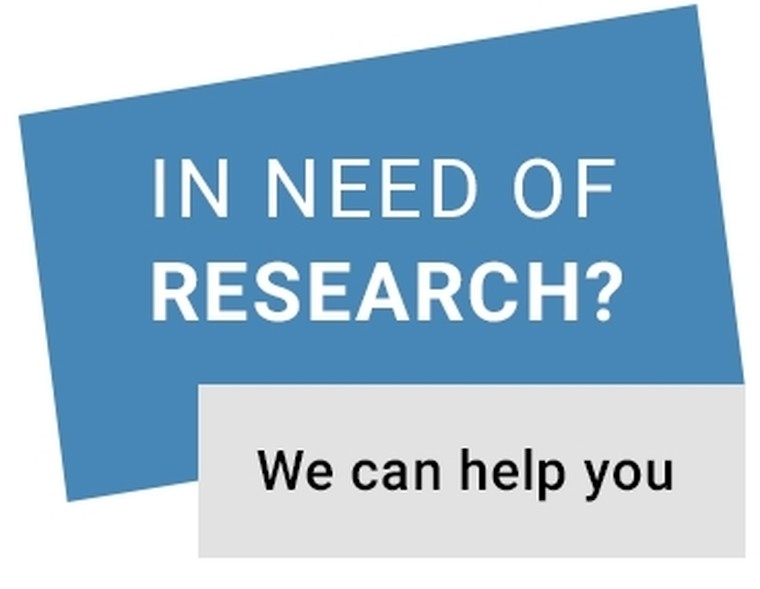European center for sustainable finance
Sustainable & Impact Investing
Risk, return and sustainability?
Sustainable investing is high more than ever before on the agenda of asset owners, asset managers, and the financial market at large. Institutional investors publicly state they integrate environmental, social, and corporate governance (ESG) factors in their investment decisions as part of their fiduciary duty. Beyond focusing on ESG factors in mainstream return/risk optimization, these investors now also seek to demonstrate explicitly the social or environmental impact of their portfolios.
ECCE has considerable experience in using various research methods to determine
- how ESG factors influence investment risks and returns across various asset classes
- the preferences of investor clientele and pension fund beneficiaries for ESG issues
- whether 'impact investments' truly have social or environment effects in a causal way.
Shareholder engagement & corporate governance
Engagement: drivers and outcomes
Institutional investors have in the past decades intensified their right to vote on annual shareholder meetings and by engaging firms directly on corporate governance and sustainability-related issues. ECCE has the ambition to help understand these new developments better, thereby contributing to both the academic literature and the global investor community. Our recent research focuses on:
- ESG-related shareholder proposals, and voting behavior at annual shareholder meetings.
- differences between public engagement through shareholder proposals and private engagement undertaken 'behind the scenes'.
- the sustainability and financial performance of firms after experiencing engagement.
Sustainable Banking
In the transition to a more sustainable society, banks are considered to play an important role. Moreover, we believe sustainability requires a safe, sound and stable banking system, as well as a banking system that contributes to economic growth and development in a sustainable manner. ECCE's studies in the domain of banking have focused on:
- sustainable banking practices and instruments including sustainability-linked lending
- development banking including microfinance
- sustainability and loan pricing
Sustainable Real Estate
Sustainability, energy efficiency, and health
With the built environment responsible for one third of global carbon emissions, the topic of energy efficiency and sustainability in the built environment is currently a central theme in the decision-making of investors as well as policymakers. The work of ECCE on energy efficiency and sustainability in buildings is part of a global research initiative that addresses some of the main barriers to market adoption of energy efficiency measures. ECCE's results and conclusions provide new economic insights on whether the private market incorporates information on energy efficiency in rents and asset prices, and have appeared in top scientific journals, practitioner magazines and popular media. ECCE is also the founder of GRESB, the global standard for ESG benchmarking in the real estate and infrastructure investment space.
The research agenda on building sustainability is now moving on to “Sustainability 2.0,” focusing on the people using and inhabiting buildings. Researchers from ECCE, in close cooperation with colleagues from Maastricht University's School for Public Health, have begun to look at the relationship between indoor climate and the health and performance of building users. Current projects include the implications of housing for health, indoor quality and worker productivity, and the performance of students as it relates to the quality of the classroom.
Browse researchIn need of research or expertise?
ECCE - The European Centre for Sustainable Finance - at Maastricht University's School of Business and Economics is a globally leading research institute on sustainable finance and responsible investing. We execute high-quality, scientifically rigorous research on the implications of environmental, social, and governance (ESG) issues for companies, investors and markets while covering different asset classes such as equities, fixed income, and real estate. Our research covers topics such as
- measuring return, risk and sustainability of investment approaches
- eliciting sustainability preferences of investment clientele
- shareholder engagement on sustainability
- the consequences of sustainability regulation
- sustainable banking and corporate finance
- impact investing and measurement
- sustainable real estate investments
As an established independent academic center, we also work closely together with industry participants through partnerships in order to achieve high-quality scientific evidence.

ECCE also actively translates academic research into practical applications and products. Our research on sustainable real estate was the basis for GRESB -- now the globally leading ESG benchmark for public and private real estate companies and funds, as well as infrastructure assets and funds.
Are you looking for an academic partner in research or for expertise in sustainable finance? Send us a note!
